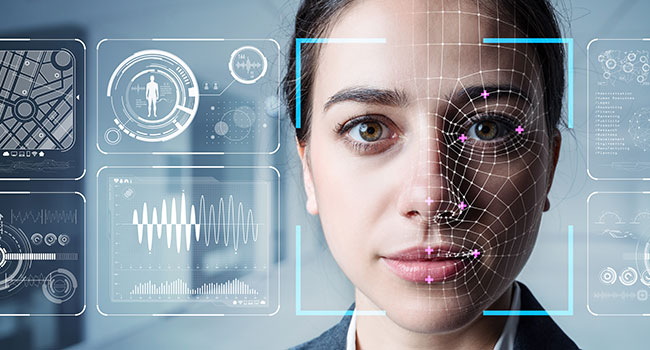
Police Use of Amazon Facial Recognition Software on Hold
One-year pause on use of Recognition for law enforcement
- By Ralph C. Jensen
- Jun 12, 2020
Amazon’s facial recognition software has been a staple for police departments, using the program to provide identities on cold bases. Prisons and jails in Florida also have been using the platform in its databases, storing thousands of mug shots of anyone who has ever been “behind bars.”
Cold-case resolution also has been a benefactor of Recognition.
Following the death of George Floyd in Minneapolis by the aggressive policing of one of that city’s police officers, Amazon is withdrawing use of the software for law enforcement for a year. Amazon has not given a reason for its decision. Amazon posted a note blog note with its decision, though they also said they support federal regulation of facial recognition technology, hoping that the one-year timeframe will allow Congress “enough time to implement appropriate rules.”
Some cities, such as San Francisco, Oakland and Berkeley, CA, have banned the use of this technology by public agencies, citing the use of machine learning algorithms to automatically detect human faces in digital video, matching them to names as a too great of risk to privacy.
Only two days before the Amazon decision, IBM announced it was departing the facial recognition business, citing ethical concerns. Amazon has been one of the leading providers of facial recognition technology to law enforcement agencies in recent years, a role that has drawn criticism.
“IBM firmly opposes and will not condone uses of any (facial recognition) technology, including facial recognition technology offered by other vendors, for mass surveillance, racial profiling, violations of basic human rights and freedoms,” wrote Arvind Krishna, in a letter to Congress. Krishna is the CEO of IBM.
In 2019, California law banned the use of facial recognition software — and any other biometric surveillance that can identify people by tattoo, gait or other individually distinguishable characteristics — on photos or video collected by law enforcement agencies.
The text of the law summarized the concerns about the use of the technology, calling its potential widespread application the "functional equivalent of requiring every person to show a personal photo identification card at all times in violation of recognized constitutional rights," regardless of consent.
About the Author
Ralph C. Jensen is the Publisher/Editor in chief of Security Today magazine.